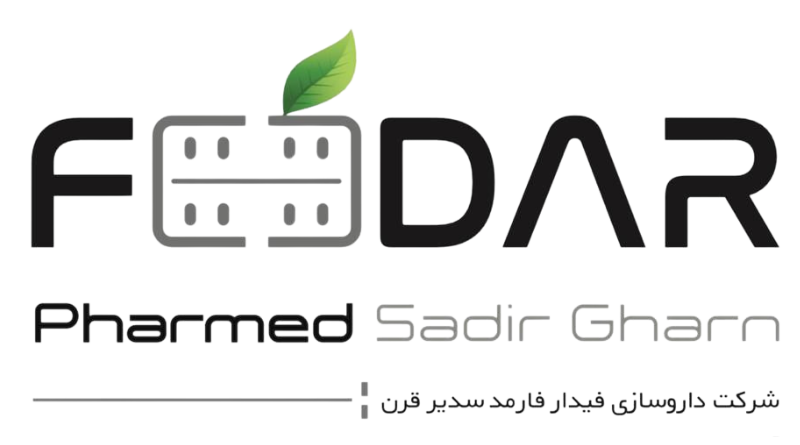Biotechnology Unit
Medicinal plants have been one of the most important sources of medicine for thousands of years. Today, the demand for medicinal compounds has increased; however, some of these plants have limited natural habitats, and their collection is faced with challenges depending on the environmental and geographical conditions of their growth. The low concentration of these compounds in the plants, limited natural resources, the increasing destruction of forests, pastures, and green spaces, the extinction of diverse plant and animal species, and issues related to domestication and agricultural cultivation of these plants have drawn researchers’ attention to using biotechnological solutions to increase the production and efficiency of medicinal plants. Biotechnology, utilizing various sciences such as biology, biochemistry, genetics, etc., and employing techniques such as cell, organ, and tissue culture, genetic engineering, and molecular markers, can enhance the efficiency of plants as renewable resources for drug production.
Plant Cell and Tissue Culture
Cell, tissue, and organ culture enable the mass and rapid propagation of plants and the production of secondary metabolites under in vitro conditions. By using in vitro plant culture, not only is access to the primary source of medicine in controlled and environment-independent conditions achieved, but also increased production of compounds compared to the plant and the production of new compounds becomes possible. The plants propagated through in vitro cultures are free from diseases and are genetically and qualitatively uniform. In recent years, the culture of cell suspensions and hair roots has gained attention for producing secondary metabolites and studying the biosynthetic pathways of metabolites. So far, the cell culture of a wide range of medicinal plants has been studied, yielding important compounds such as:
- Flavonoids
- Tannins
- Alkaloids
- Terpenoids
Plant Genetic Engineering
Plant genetic engineering has played a significant role in identifying and genetically manipulating enzymes involved in the biosynthetic pathways of secondary metabolites. Molecular markers are effective tools for precisely identifying important medicinal species, examining genetic diversity, classifying genetic resources, and determining their genetic mapping due to their independence from the age, physiological conditions, and environmental factors of the plant. The simultaneous application of molecular methods and biochemical analysis can enhance information related to a specific medicinal species, as well as quality and quantity control of the desired medicinal compound at the industrial level. Moreover, tracking desirable traits and facilitating selection through the determination of their linkage with important traits allows for rapid and accurate selection of desirable genotypes during early growth stages, thereby shortening the breeding period.
Feedar Pharmed Sadir Gharn

Research Objectives
- Utilization of tissue culture techniques for the propagation and micropropagation of medicinal plants
- Using cell culture for the production of secondary metabolites
- Examining the molecular diversity of medicinal plants
- Studying the effects of biotic and abiotic stressors on plant performance and medicinal active ingredients, and identifying genes involved in the metabolism of active compounds
- Investigating germination conditions and necessary pre-treatments to optimize sexual reproduction
- Assessing the tolerance of medicinal plants to environmental stresses (drought, salinity, nutrient deficiencies, etc.) and their impact on morphological traits and performance
- Studying the biological effects of essential oils and extracts of medicinal plants
- Investigating the activity and inhibition of enzymes involved in disease development by essential oils and plant extracts
- Continuous collaboration and communication with research institutions, universities, and other scientific centers
- Authorship, translation, and compilation of books, journals, publications, and presentation of related scientific and practical articles on medicinal plants


 فارسی
فارسی Deutsch
Deutsch